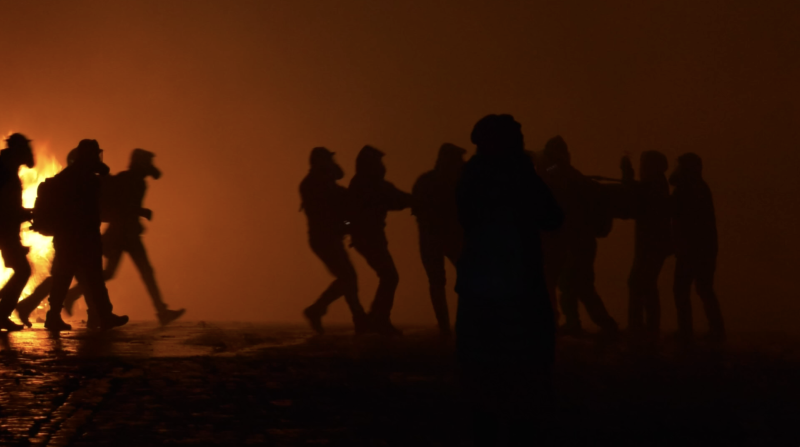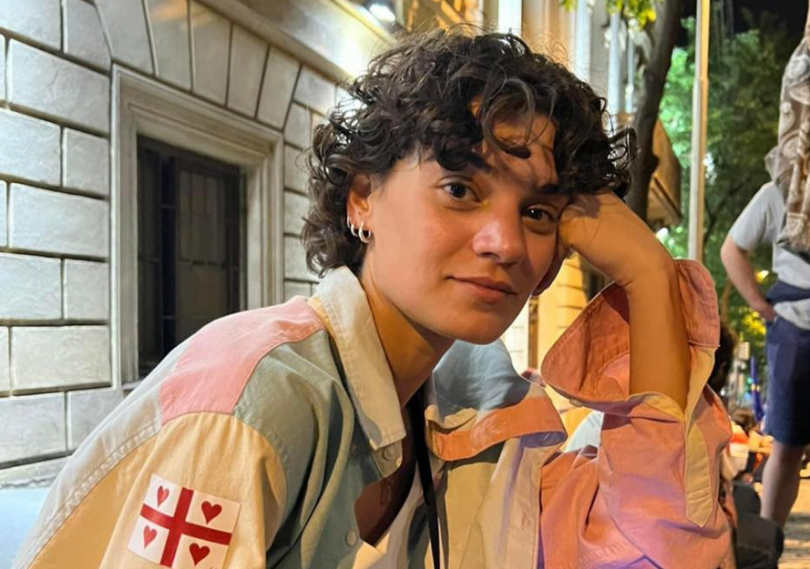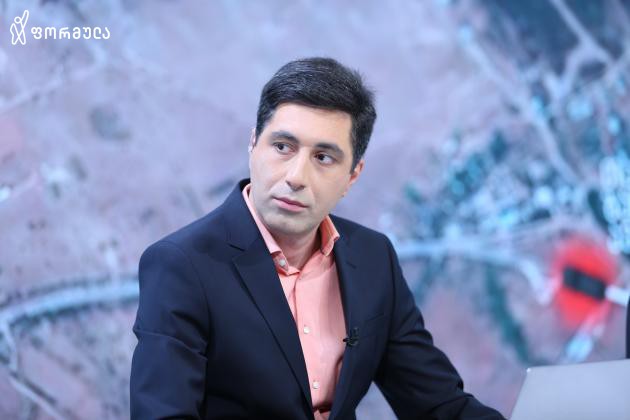Journalists in Georgia have faced violence, arrests, and obstruction while covering protests sparked by the government’s suspension of EU membership negotiations, with 59 media workers reportedly injured or hindered over three days.
Journalists covering anti-government protests in Georgia have faced injuries, arrests, and restrictions, as demonstrations entered the fourth day following the government’s decision to suspend EU membership talks until 2028.
Security forces have used water cannons, tear gar, and rubber bullets to disperse protestors, drawing widespread criticism from human rights groups and diplomats.
The Tbilisi-based Center for Media, Information and Social Studies(CMIS) reported at least eight journalists were injured and several arrested in front of the parliament on Monday alone.
In a video circulating online, Georgian police can be seen arresting Giorgi Chagelishvili, a reporter with the publication Mautskebeli, in front of a Tbilisi metro station, despite the fact that he identified himself to them as a journalist.
Even the pro-government television channel Rustavi 2 reported earlier today that two of its journalists had to be hospitalized after covering the protests. Journalist Guram Rogava from Formula TV was on air when a special forces officer struck him, causing him to fall and sustain a head injury that resulted in bleeding.
CMIS documented 59 incidents of violence or obstruction against journalists over three days. Human rights advocates argue these attacks are part of a broader crackdown on press freedom and dissent.
“Journalists documenting violations have become direct targets,” said Mamuka Andguladze of the Media Advocacy Coalition told OCCRP.
“What we are witnessing is authoritarian arbitrariness, where peaceful citizens are dispersed with excessive force. There are dozens of videos and photos documenting the dispersal of peaceful demonstrators, which has been ongoing for several days,” he said.
But journalists are particularly targeted as they report about the violence and the government’s attempt to establish authoritarianism to both the local as well as the international audience, he said.
“And anyone standing in their way faces oppression. Since the media is a cornerstone of democracy, it is subjected to immense pressure, threats, violence, and illegal detentions,” he explained.
Ilona Diasamidze, a lawyer of Georgia-based NGO, The Media Ombudsman, told OCCRP that her organization has already filed appeals with the Special Investigation Service on behalf of about sixty journalists who were severely injured, verbally and physically abused, administratively detained, and prevented from performing their journalistic duties.
“However, no active investigations have been initiated into these cases despite our repeated appeals,” she said.
According to official figures from Georgia’s Ministry of Internal Affairs, a total of 224 people have been detained since the protests erupted and 98 of them have been sent to court.
Judges have processed 74 of them, mostly handing in fines and administrative imprisonment.
The Ministry also stated that a total of 113 employees of the Ministry of Internal Affairs sustained injuries, with four remaining in hospitals.
According to the human rights ombudsman, Levan Ioseliani, 124 out of 156 persons his office had access to claimed they were subjected to violence and mistreatment by the police and that the number “is growing at an alarming rate.”
Several Georgian diplomats, including ambassadors to the U.S., Italy, the Netherlands, Bulgaria, Korea and Lithuania, have resigned in protest of the violence.


